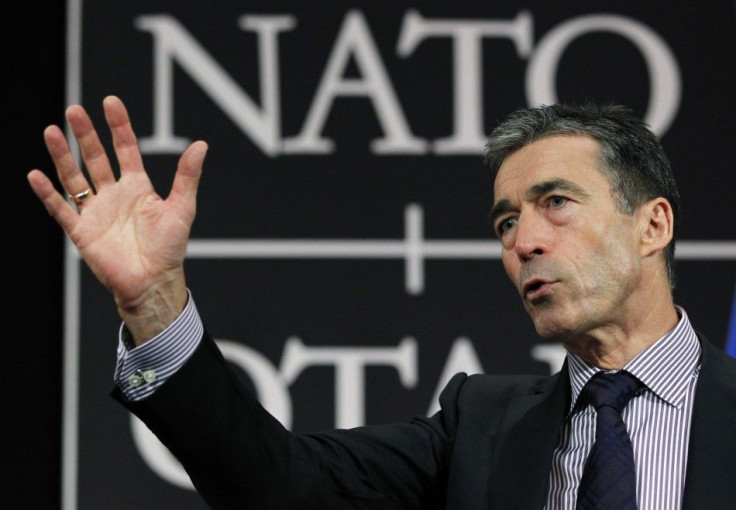NATO Chief Urges European Govts. To Spend More On Defense

The chief of NATO said that European members of the alliance need to increase their defense spending and reduce their reliance on the US for sophisticated weapons.
Secretary-General Anders Fogh Rasmussen told BBC that NATO is crucial to the security of Europe and that nations on the continent need to step up to the plate.
If we [Europe] are to compete we also need proper investments, he said.
If Europe is to play a significant role on the world stage in the future and take part in international security management missions then Europe also needs critical military capabilities and that takes defense investments at a certain level.
In Madrid, Rasmussen told reporters: Don't get me wrong. I'm not saying that each [European] ally should have those high-end capabilities but I would like to see more of them across our alliance. That is why I am concerned about the low level of defense spending, especially in Europe.”
Rasmussen’s pleas are similar to statement made last week by outgoing US Defense Secretary Robert Gates, who blasted European states for shirking their responsibilities.
Indeed, Gates expressed his disappointment that only four European countries (UK, France, the UK, Greece and Albania) spend at least 2 percent of GDP on defense.
Gates had warned: If current trends in the decline of European defense capabilities are not halted and reversed, future US political leaders - those for whom the Cold War was not the formative experience that it was for me - may not consider the return on America's investment in NATO worth the cost.
Rasmussen conceded that during the kind of economic crisis that Europe is facing, some defense budgets will be cut, but added that he sees “a real risk that European allies will fall even further behind the pace of technological progress.
He added: Many [European] nations are unable to provide some of the high-tech equipment we need. If we encourage them to adopt multilateral solutions then they will be able to field capabilities together that they can't afford alone.”
© Copyright IBTimes 2025. All rights reserved.




















